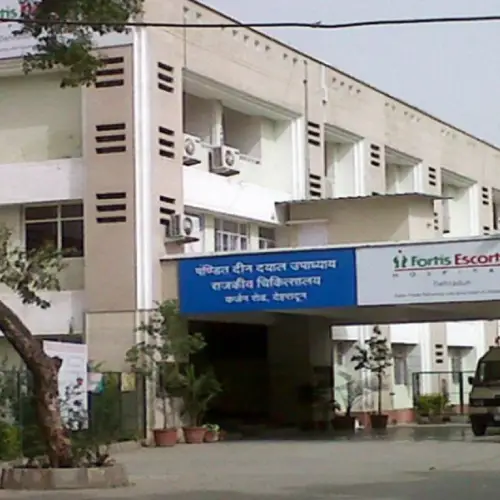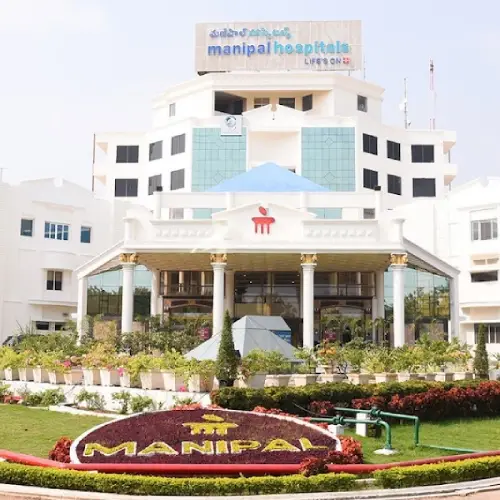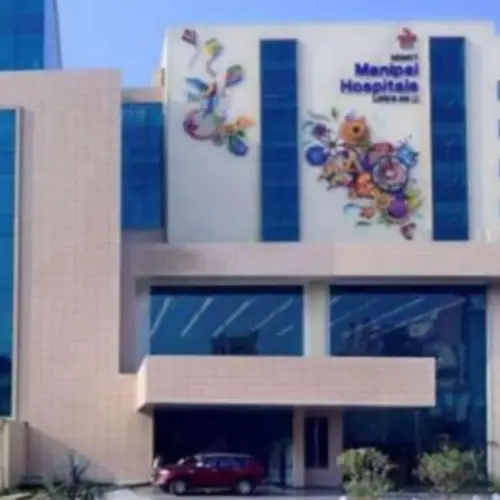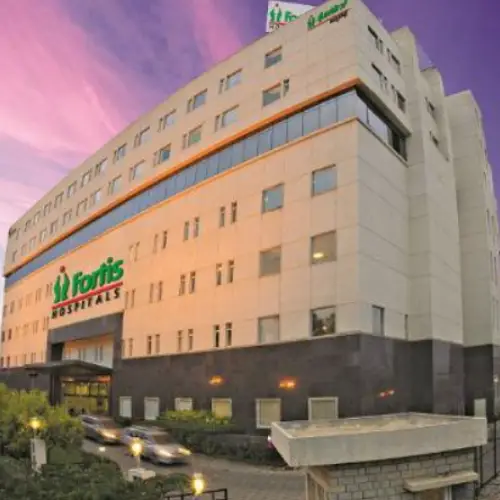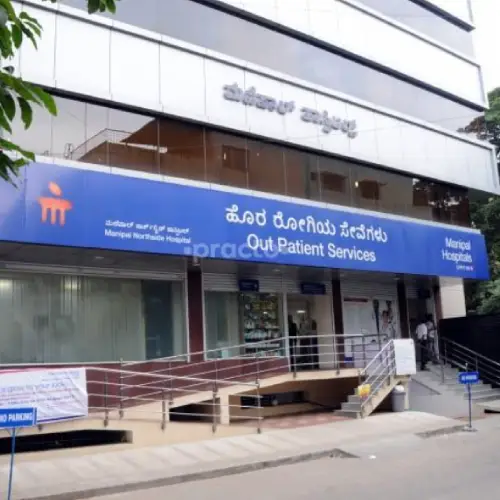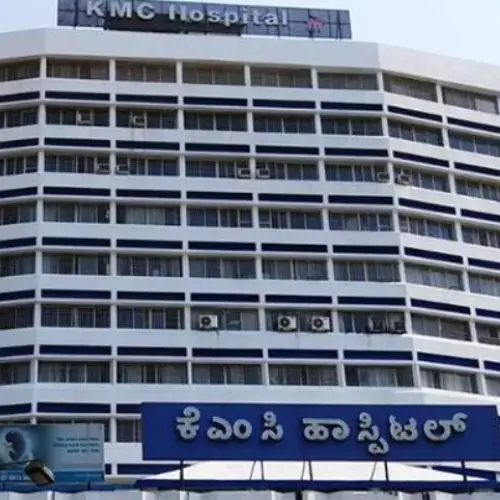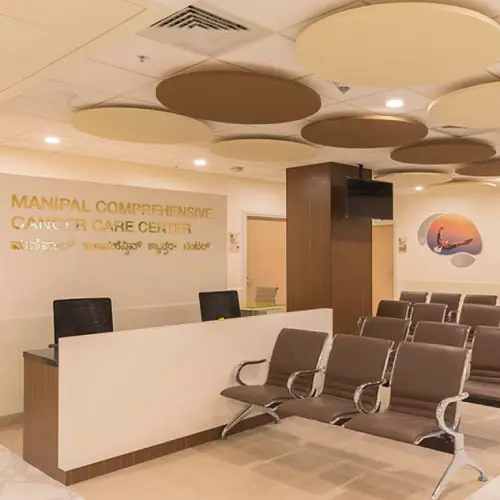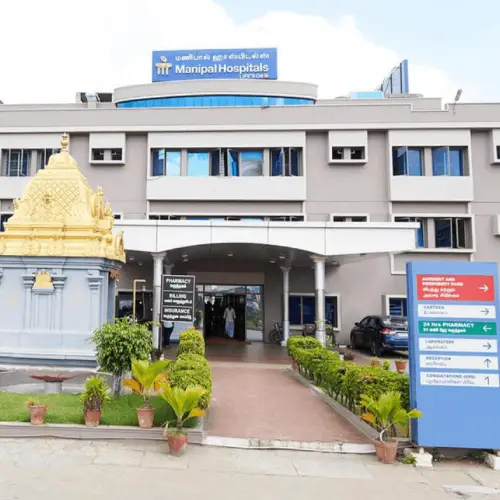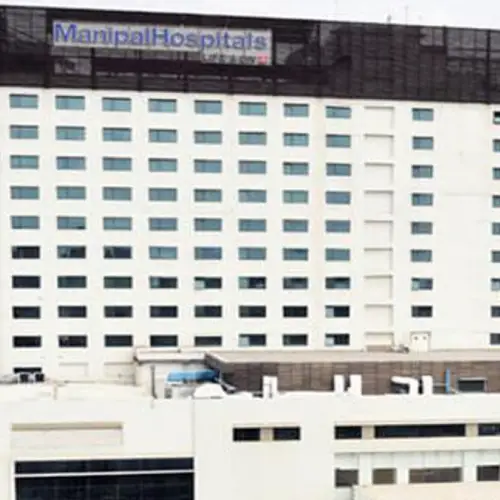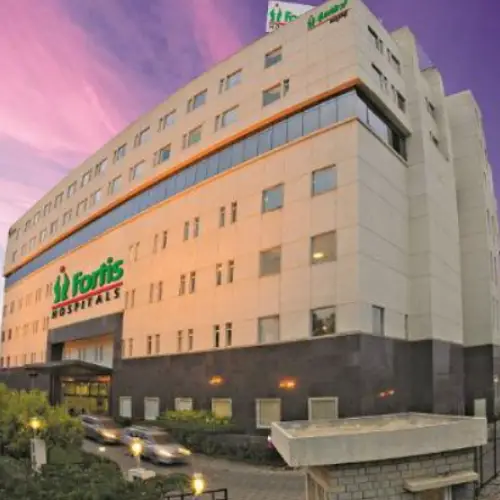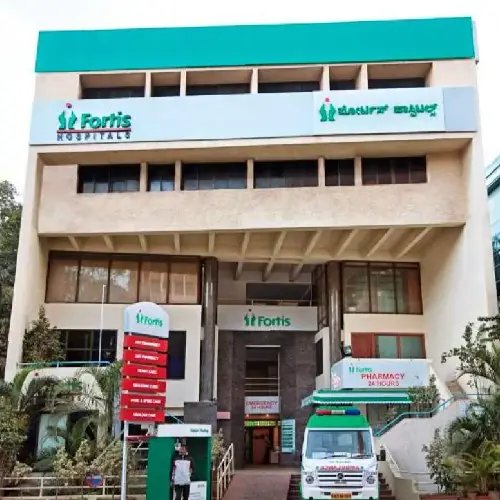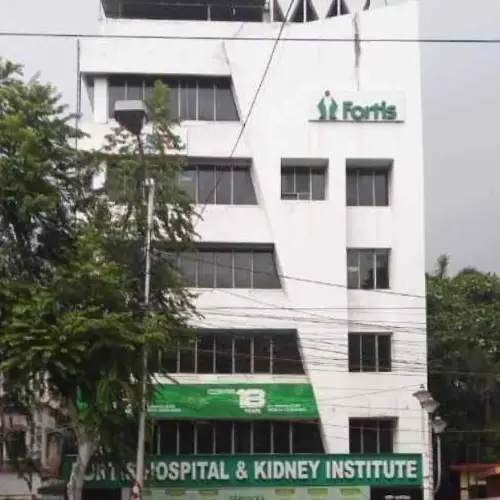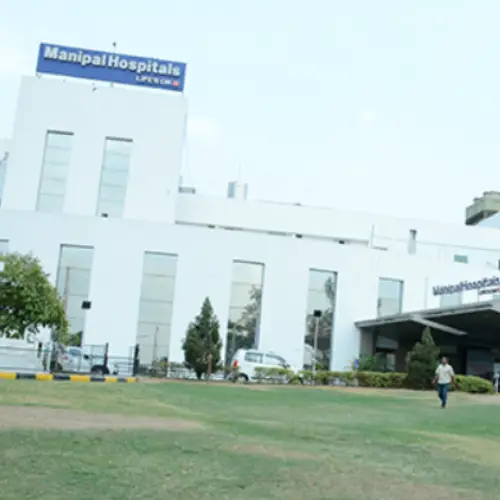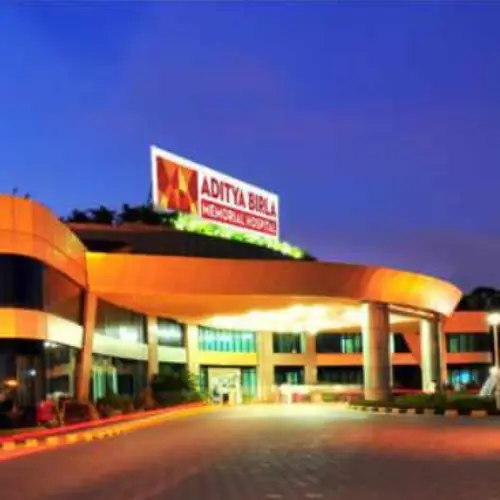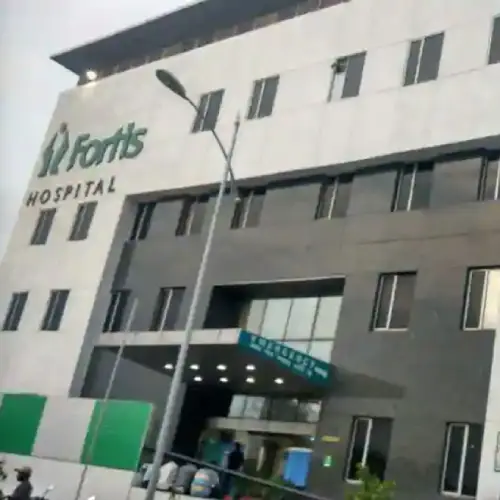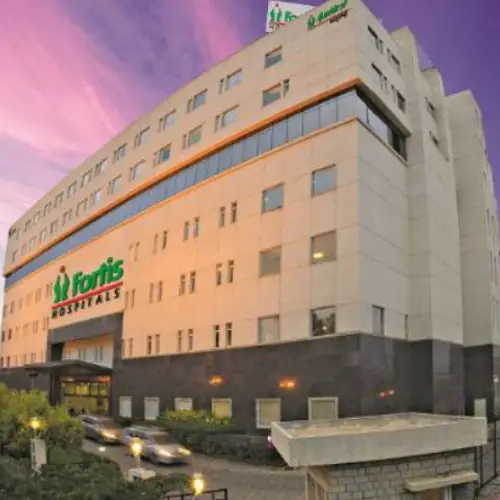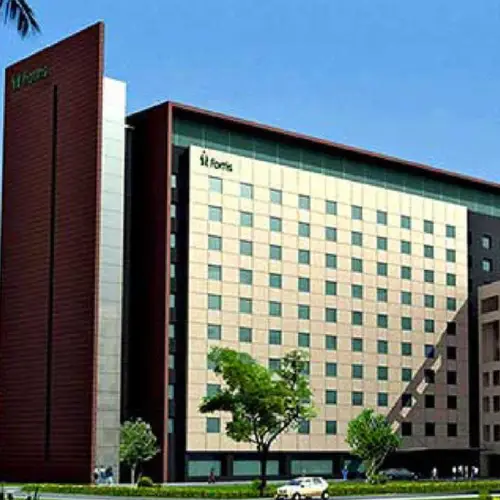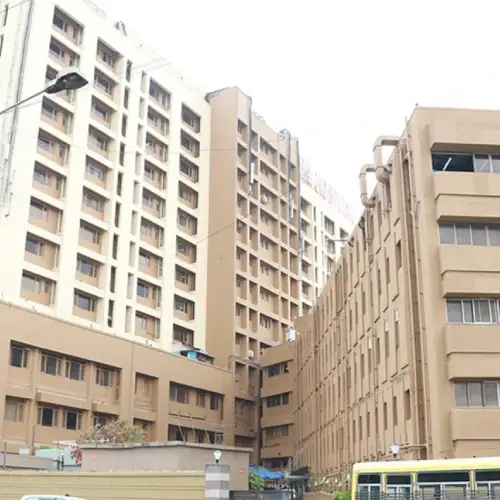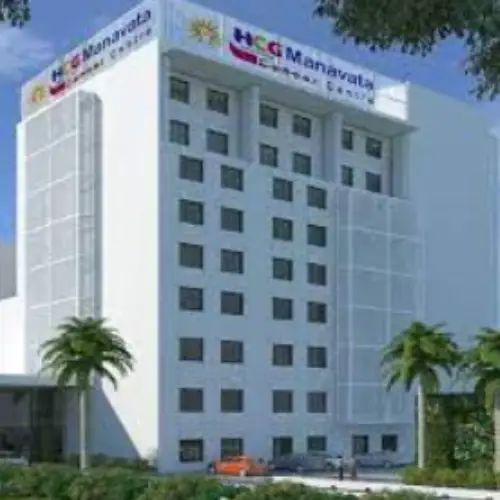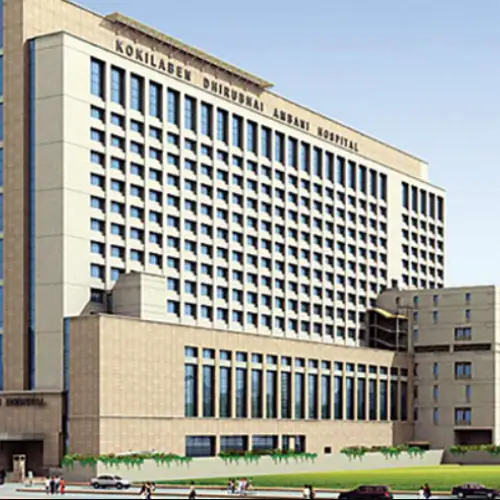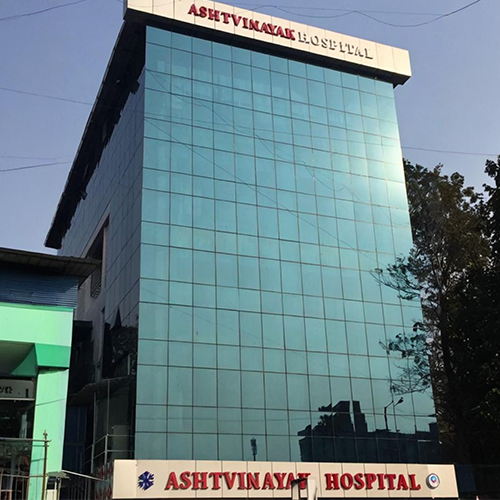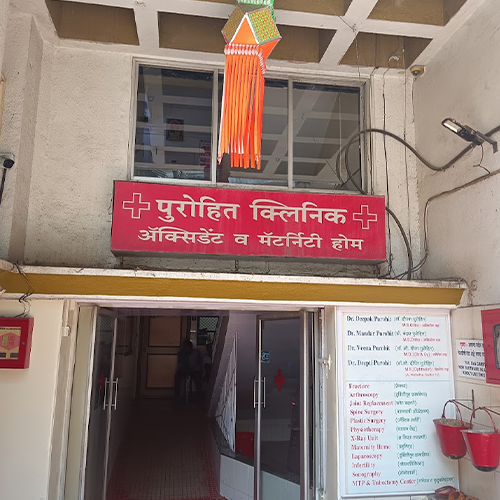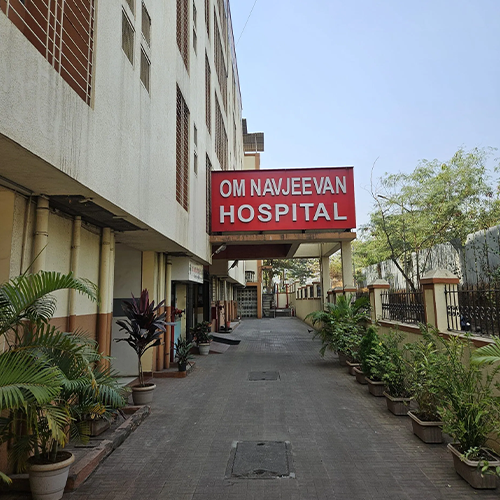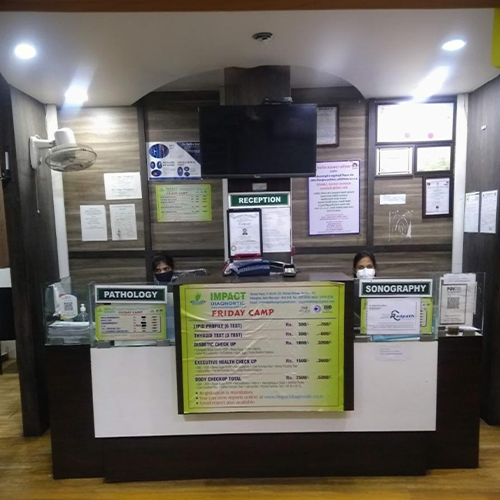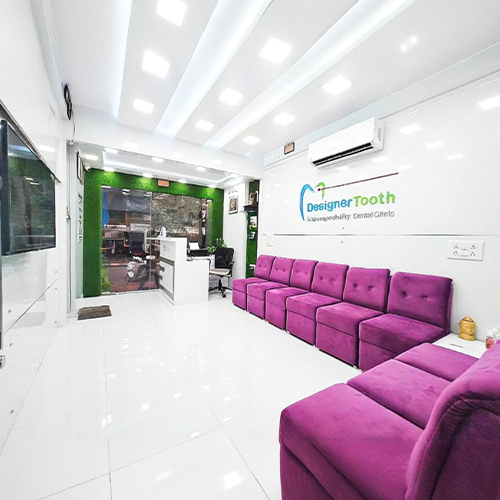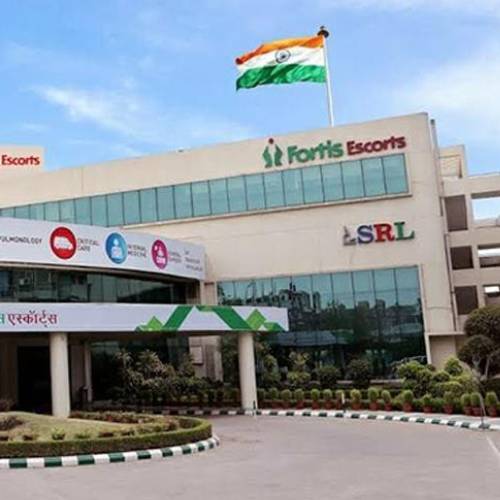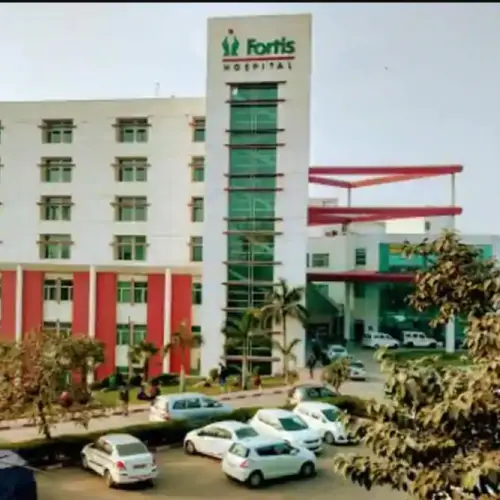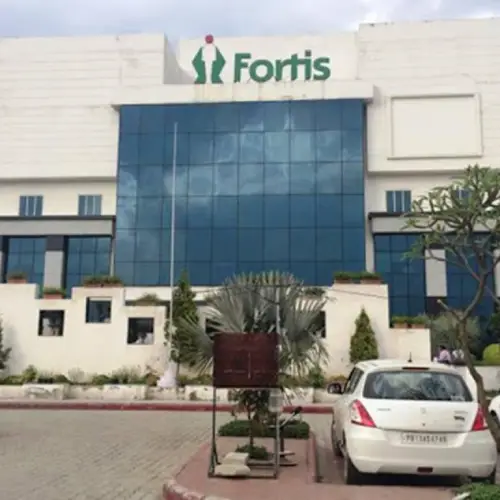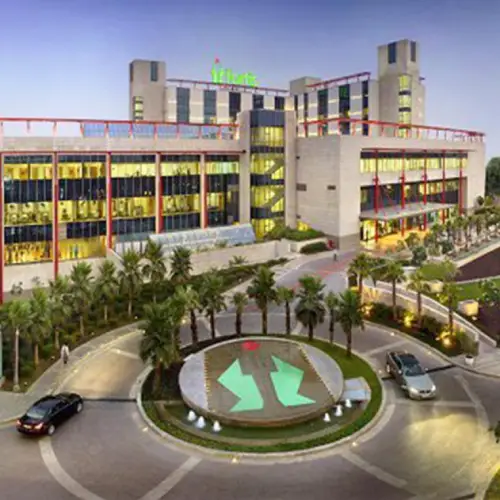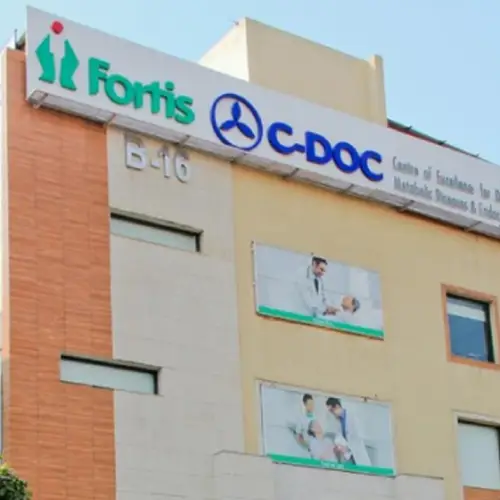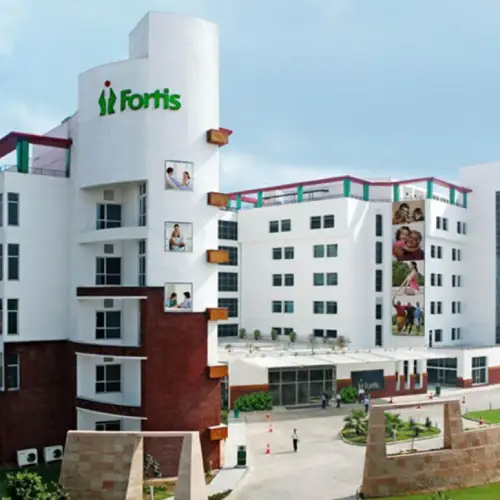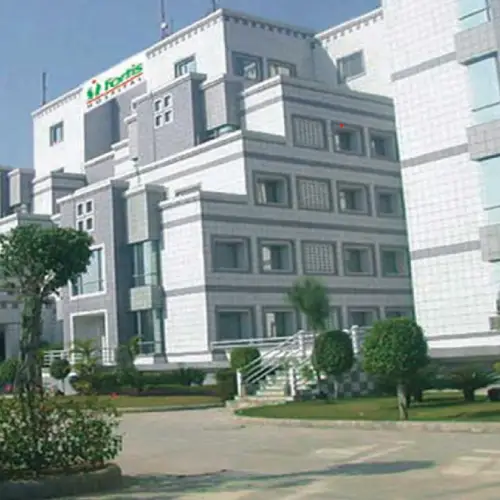Kidney Cancer
Kidney Cancer
What Is Kidney Cancer?

Patients typically experience minimal complications following knee replacement surgery. Even in cases where complications do arise, they tend to be short-lived. However, when complications do occur, patients may require an extended recovery period. The maximum time it takes for patients to return to their daily routines typically falls within the range of 12 weeks to 6 months. Remarkably, prosthetics implanted in the knee can remain in working condition for up to 20 years after the surgery. Senior individuals undergoing knee replacement surgery generally achieve a complete recovery after a period of post-surgical care.
Moving on to kidney cancer, also referred to as renal cancer, it is the most prevalent type of kidney tumor that originates from kidney cells. This disease can manifest in various locations within the kidney, with the most frequent site being the tubes that transport urine from each kidney to the bladder, known as the ureters.
Other sites within the kidney may also give rise to different types of tumors. For instance, renal cell carcinoma, a common type, accounts for approximately 90% of all kidney tumors. In contrast, Wilms tumors, which are exclusive to children, and other rare forms of kidney cancers make up only about 10% of cases. Kidney cancer is ranked as the 9th most common cancer among men and the 14th most common among women.
Types Of Kidney Cancer
Kidney cancer is more common in adults and accounts for approximately 85% of the cases. The disease develops in the proximal renal tubules which constitute the filtration system of the kidney. Kidney Cancer can be categorized into:
This represents a rare form of kidney cancer that originates in the region where urine is collected within the kidney. It comprises 5-10% of all kidney cancers diagnosed in adults and typically initiates as a tumor.
Kidney sarcoma is a rare condition. It usually responds well to chemotherapy and radiation treatment. However, sarcoma may return in the renal area or spread to other parts of your body. Another surgery to remove any remaining tumors or chemotherapy may be recommended following the initial surgery.
This is a form of kidney cancer that predominantly affects children. Wilms tumor responds more favorably to a combined approach of surgery, radiation, and chemotherapy compared to other types of kidney cancer. This innovative treatment strategy has led to improved survival rates, offering patients a better chance of recovery.
Majority of kidney cancers are renal cell carcinoma that accounts for around 85%. This cancer typically occurs inside the microscopic filtering systems of the kidney. It can also arise from other non-kidney cells that line or cover the surfaces of different parts of the urinary system.
Lymphoma can enlarge both kidneys and is associated with large lymph nodes. If lymphoma is a possibility, your physician can do a biopsy and suggest chemo instead of surgery.
Indications and Manifestations of Kidney Cancer
The signs of kidney cancer are not always identified as it does not usually produce any particularly noticeable symptoms at an early stage. But there are some symptoms that may help identify the problem in kidneys. The following are the most common indications that can indicate kidney tumor:
- Fatigue
- Anemia
- Weight loss
- Blood in urine
- Decreased appetite
- Back pain on one side
- A lump on the side or bottom of the back
- Permanent Fever which is not due to infection
Causes Of Kidney Cancer
Although the exact cause of kidney cancer is not known, a few risk factors have been identified, and these risk factors are found to increase one’s chances of developing kidney cancer. Although most people who have a risk factor will never develop kidney cancer, knowing what may increase your risk can lead to early detection of the disease and better treatment options. Some of the risk factors includes:
- Age
- Smoking
- Obesity
- Von Hippel-Lindau Disease: Individuals with this genetic disorder are at a higher risk of getting kidney cancer.
- Exposure to Harmful Chemicals: Exposure to hazardous chemicals, such as cadmium and certain herbicides increases one’s risk of getting kidney cancer.
- Infection: Hepatitis C infection.
- Underlying Kidney Diseases
- Family History of Kidney Cancer
- Hypertension
- Regular Usage of NSAIDs: Consumption of ibuprofen and naproxen for a long time.
- Previous Treatments for Cervical Cancer or Testicular Cancer: Those who have received treatment for cervical cancer and testicular cancer are more prone to develop kidney cancer.
Diagnosis Procedure For Kidney Cancer
For the oncologist, it is necessary to confirm the existence or absence of kidney cancer based on the collection of symptoms that you experience. To confirm the existence of cancer cells in your kidneys, he or she may recommend a combination of the following diagnostic tests:
This test assesses the presence of blood cells, cancer cells, or bacteria in the urine, as well as the nutritional condition of red blood cells (RBCs) in the patient’s blood sample. While these tests may provide indirect indications of the presence of cancer cells in the kidney, they do not confirm a diagnosis.
The physician will assess your child’s overall well-being, checking for common health indicators such as fever, elevated blood pressure, and the presence of any lumps. Furthermore, the doctor will perform a physical examination by palpating your child’s abdomen and sides to detect any abnormalities or masses.
A CT scan is an advanced imaging method employed to create a three-dimensional representation of the internal structures within the body. It serves to verify the precise location and dimensions of the kidney tumor, as well as its proximity to critical elements such as blood vessels and neighboring organs. By introducing a specialized contrast dye into the patient’s vein, which subsequently disperses through their circulatory system, medical professionals can observe its flow patterns in relation to other essential structures.
The physician may opt for a biopsy, a procedure in which a slender needle is inserted through the skin into the kidney to extract a small tissue sample. A pathologist then scrutinizes this tissue under a microscope to detect the presence of cancer cells. The doctor employs ultrasound or X-ray guidance to ensure precision during the needle placement.
Ultrasound uses sound waves that are too high for people to hear. The waves bounce off the kidneys, and a computer uses the echoes to create a picture called a sonogram. A solid tumor or cyst shows up on this image.
This procedure is carried out to assess the health of the kidneys, urethra, and bladder. X-rays are employed to visualize the structures within the urinary tract, and the contrast dye aids in the detection of tumors within the urinary system.
Stages Of Kidney Cancer

- Stage 1
- Stage 2
- Stage 3
- Stage 4
- Recurrent Cancer
Stage 1 represents the least aggressive level of kidney cancer and boasts the highest survival rate. At this initial stage, the cancer tumor is relatively small, hence the T1 designation. It is highly probable that the tumor can be surgically removed, potentially eliminating the need for further treatment. The prospects for recovery are quite promising, with a five-year survival rate of 81 percent. In practical terms, this translates to 81 out of 100 individuals diagnosed with stage 1 kidney cancer living beyond five years from their initial diagnosis, thanks to treatment.
Stage 2 Renal Cell Carcinoma is more severe than Stage 1.This stage involves tumors that are more than 7cm in size but still confined to the kidney.The five-year survival rate of stage 2 kidney cancer is 74 percent. This means that 74 out of 100 people diagnosed with stage 2 kidney cancer will live more than five years after diagnosis.
In this case we came across two situations, in the first scenario, the tumor became a major vein and a neighbouring tissue but did not reach the neighbouring lymph nodes. In the second scenario, the tumor may be of any size and may occur outside the kidney. In this case, the cancer cells also invaded the adjacent lymph nodes but did not proceed further.The five-year survival rate for both cases is 53 percent. This means that 53 of every 100 people diagnosed with stage 3 kidney cancer will live another five years or more after they are diagnosed.
This stage of cancer can also be divided into two categories, Firstly, the tumor has not spread to other organs, but has grown so large that it reaches beyond the kidney tissue and may have grown into nearby lymph nodes. Secondly, Metastases (where the cancer has already spread) to other organs or tissues.The survival rate of stage 4 lung cancer can vary from person to person. However, the five-year survival rate at this point drops to eight percent. This means that 8 out of 100 people diagnosed with stage 4 cancer will live another five years after they are diagnosed.
This indicates cancer that has recurred or returned after treatment. It may recur in the kidney or in another part of the body.
Treatment Options For Kidney Cancer
- Surgical Treatment
- Non-surgical Treatment
- Therapies
Surgery to excise the tumor is a common treatment approach for many kidney cancers. During the surgical procedure, your surgeon will not only remove the tumor but also a portion of the surrounding healthy tissue. If the cancer has not spread beyond the kidneys, tumor removal surgery may be the sole required treatment. There are three primary types of surgery for kidney cancer:
1. **Radical Nephrectomy:** A radical nephrectomy involves the removal of the entire kidney, along with the adjacent tissues and potentially affected lymph nodes. This approach is recommended when there is no viable healthy tissue left to salvage the kidney or when dealing with a large tumor that necessitates complete surgical removal. In certain cases, when the tumor has extended into the renal vein and reached the vena cava en route to the heart, intricate cardiovascular surgical techniques may be necessary.
2. **Partial Nephrectomy:** This surgical procedure focuses on eliminating the tumor while preserving as much kidney function as possible. Opting for a partial nephrectomy helps maintain kidney function and lowers the risk of developing chronic kidney disease post-surgery.
3. **Robotic and Laparoscopic Surgery:** Laparoscopic surgery is a minimally invasive approach that allows surgeons to perform the operation through several small incisions. Laparoscopy offers several advantages for individuals with kidney cancer, including reduced pain, minimal blood loss, and faster recovery times. Surgeons can employ robotic tools to conduct the procedure, potentially offering added benefits in terms of precision and control.
Surgery may not be recommended due to tumor characteristics or the patient’s overall health. You should have a thorough conversation with your physician and discuss all the risks and benefits of these surgical options. It includes:
- Radiofrequency ablation: Radiofrequency ablation (RFA) is a procedure used to treat cancer of the head, neck, and esophagus. The procedure involves the use of a needle that allows doctors to heat tissue in order to destroy cancer cells.
- Cryoablation: It is a non-surgical procedure used to destroy cancer cells using extreme cold temperatures. The metallic sensor is placed into the cancerous tissue. The probe uses extreme cold temperatures to freeze and destroy the cancerous cells.
Systemic therapy is a type of cancer treatment that involves the use of medication to kill cancer cells. This type of medication is administered orally or directly through the bloodstream to reach cancer cells throughout the body. It is of different types such as:
Targeted therapy: It works by blocking specific cancer genes, proteins, or the tissue environment that contributes to the growth and survival of cancer cells. This type of therapy inhibits the growth and spread of cancer cells and limits damage to healthy cells.
Immunotherapy: Immunotherapy, also known as biologic therapy, helps in boosting the natural defences of the body to fight against cancer. The function of the immune system is improved and restored by using certain materials that can be made in the laboratory or by the body itself.
Chemotherapy: This therapy for destroying cancer cells. Systemic chemotherapy is a procedure where the injection of these drugs is done into vein that then enters the bloodstream and travels in the entire body.
Radiation Therapy: The external-beam radiation therapy is considered as the most common type of radiation treatment. In this treatment, the machine placed outside the body, and it uses a beam or a beam of radiation to destroy cancer cells. On the other hand, internal radiation therapy (Brachytherapy) provides a radiation treatment by using implants inside the body.
Cities And Hospitals Offering Best Treatment In India
The best city and hospital for Kidney cancer treatment will not just be chosen on the basis of cost but also factors like number of success cases, medically advanced hospitals, and good treatment facilities. Some of the listed hospitals provides best treatment for kidney cancer in India:
- Paras Hospital
- Medanta The Medicity
- Max Healthcare, Delhi
- Global Hospital Chennai
- Artemis Hospital Delhi
- Fortis Hospital, Noida
- Fortis Hospital, Mumbai
- Global Hospital Mumbai
- Jaslok Hospital, Mumbai
- Apollo Cancer Institute Delhi
- Tata Memorial Hospital, Mumbai
- Apollo Cancer Institute, Chennai
- Apollo Gleneagles Hospital, Kolkata
- Indraprastha Apollo Hospital, New Delhi
- Manipal Hospital Bengaluru (Bangalore)
- Global Hospital Bengaluru (Bangalore)
- Narayana Multispecialty Hospital, Bengaluru
- Nanavati Super Specialty Hospital, Mumbai
- BLK-MAX Super Speciality Hospital, New Delhi
- Fortis Memorial Research Institute (Fmri) Gurgaon
- Pushpawati Singhania Research Institute, New Delhi
- Kokilaben Dhirubhai Ambani Hospital & Medical Research Institute Mumbai
FAQs
Most kidney tumors and cancer are curable through surgery. We offer a variety of surgical approaches and techniques to remove the entire tumor, including robotic surgery and laparoscopy.
The size of a tumor is one of the strongest factors used to predict a person’s prognosis (probability of survival). The smaller the tumor, the more likely it is that the cancer will be controlled and cured.
In most cases, recovery from kidney ablation takes between 3 and 6 weeks. During this time, you may have some pain in your stomach or on the side where you had the kidney removed. The pain should improve within several days to a week. That is why we recommend that you take a pain reliever such as ibuprofen regularly and continue until all pain is gone. If your pain does not improve after 4 to 5 days, call your doctor right away.
Laparoscopic nephrectomy is performed with small incisions and therefore, the surgical trauma to the tissues is less. This results in less pain and discomfort post-operatively along with a quicker return to normal activities. Most patients can leave the hospital sooner as the overall recovery takes less time.
It is important to consider quitting tobacco because it is such a strong risk factor for kidney cancers and may cause kidney cancer.
Most people who have one kidney can live a normal life without any major health problems. However, you should keep yourself healthy and be mindful about the activities that may cause harm to your other kidney.
The doctor will monitor the recovery of the person treated for kidney cancer and checks for its recurrence. The checkups will ensure that any changes in the health are noted. It is extremely important even when the cancer seems to have been removed completely or destroyed. Sometimes the disease returns since the cancer cells can remain in the body post treatment.
There are many different forms of cancer treatment that can have varying complications and side effects. Some common side effects include hair loss, mouth sores, and vomiting. Prior to care, the doctor will address the possibility of complications and describe methods for treating them. They can be avoided or regulated by some drugs.
Treatment depends on the stage of disease and the patient’s general health and age. The doctor can describe treatment choices, discuss the expected results, and work with patients to develop a treatment plan that fits their needs.
Best Hospitals for Orthopaedic Surgical Oncology in India
Fill this form to get a free quote from best hospitals in India


At MediTours India, we stand as a distinguished leader in the realm of medical tourism, dedicated to transforming your healthcare journey into a seamless and transformative experience. With a commitment to excellence and a focus on your well-being, we pave the way for a new era of medical travel.
Contact Us
Address : C603 Jalaram Park LBS Road. Bhandup West Mumbai -400078 Phone : +91 9820344697 Email : ajit@meditoursindia.in
Copyright by indiameditours 2023. All rights reserved.
